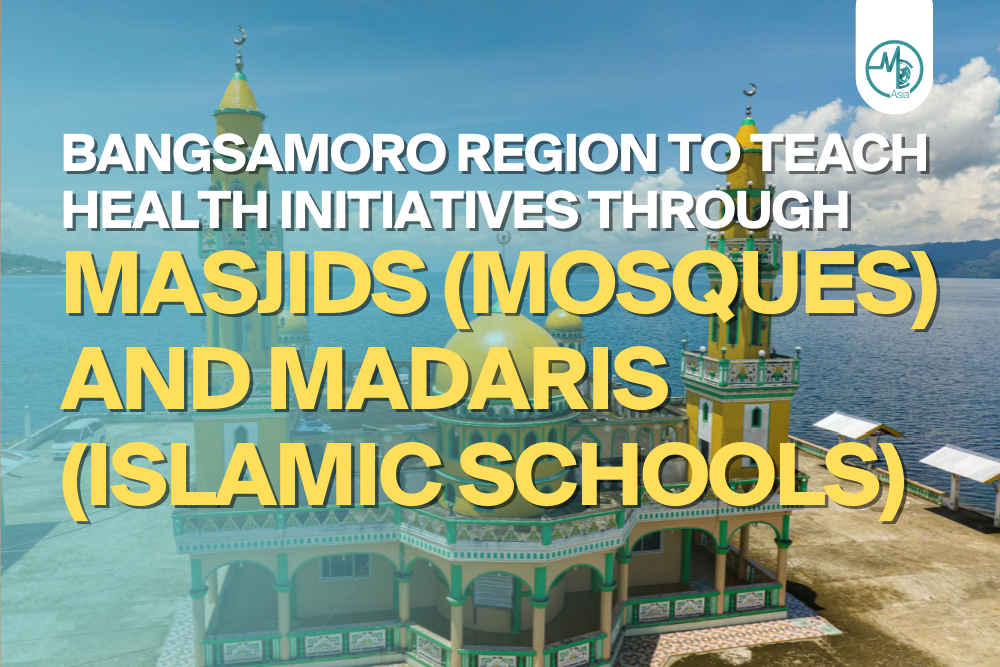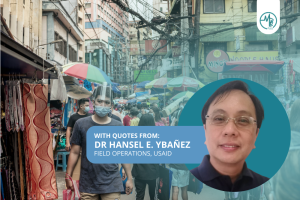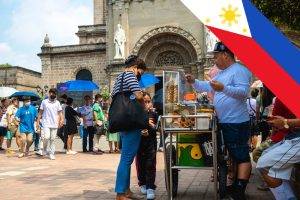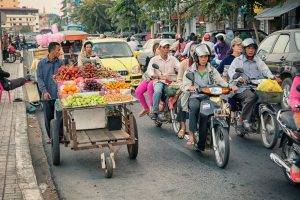The Ministry of Health in the Bangsamoro region has unveiled a visionary plan to actively leverage the influential platforms of Masjids (mosques) and Madaris (Islamic schools) for health education initiatives.
The initiative is designed to tackle immediate health concerns and establish a robust foundation for sustainable and resilient health practices in the region. This strategic approach actively recognises and harnesses the pivotal role that religious sectors can play in productively disseminating health awareness programs within grassroots communities.
Fostering Collaboration with Religious Agencies
On January 4, 2024, the Ministry of Health initiated a meeting, bringing together government health officials and representatives from various religious agencies and committees. The primary goal is to enhance health literacy in the Bangsamoro region through active collaboration with esteemed organisations. Some of the organisations associated are the Da’wah Committee, Bangsamoro Darul Ifta, Hayyattul Ulama, and entities diligently involved in Madaris and Masjid affairs. This collaborative effort seeks to tap into the profound influence of religious leaders in spreading health awareness. Hence, through this, it aims to cultivate a healthier community ethos.
Empowering Religious Leaders as Active Health Advocates
Saida Ali, the Health Education Promotion Section chief, emphasised the pivotal role of religious leaders at the community level and expressed optimism regarding their participation in health promotion initiatives. The collaboration recognises that religious leaders are not just spiritual guides but also key influencers in shaping public health outcomes. Consequently, the engagement of the Da’wah Committee and other religious entities is crucial for achieving positive, sustainable, and culturally sensitive health outcomes.
Outlining Dynamic Initiatives by the Ministry of Health
The Ministry of Health has meticulously outlined specific strategies in collaborative partnership with religious committees. These strategies energetically encompass the development of health-focused curriculum materials aligned with the seven priority areas actively identified by the Department of Health. Moreover, plans are diligently in place for comprehensive training sessions for religious leaders on various health-related topics. A distinctive aspect of this initiative is seamlessly incorporating health awareness campaigns with Islamic perspectives during Friday prayers. This plan recognises the potential impact of effectively reaching a large congregation.
Fostering a Vibrant, Harmonious, and Informed Community
Saida Ali stressed that uniting the strengths of healthcare professionals and Muslim religious leaders is essential. This dynamic partnership aims not only to spread information. It also aims to actively foster a harmonious and well-informed community that strategically prioritises the health and well-being of its people. Additionally, the initiative seeks to holistically promote a well-being approach that speaks to the cultural and spiritual values of the community by innovatively integrating health education into religious practices.
Comprehensive Involvement of Multiple Agencies: A Holistic Approach
Representatives from the Bangsamoro Information Office, Bangsamoro Youth Commission, and Bangsamoro Planning Development Authority attended the event. Each agency distinctly underscored its vital role in media promotion, strategic planning, and the proactive involvement of the youth sector in health literacy initiatives. This diverse, multi-agency collaboration reflects a holistic approach. It is meant to strategically ensure that the health education program is well-received by the community.
Distinctive Perspective of the Religious Sector
Ustadz Marhan Borhan of Da’wah Affairs emphasised the significance of collaboration between the government and the religious sector in effectively addressing health challenges. He confidently expressed that this initiative uniquely empowers religious sectors to strategically tackle health challenges from an Islamic perspective. This is done by aligning with the teachings of Islam, therefore ensuring the community reaps the spiritual and physical benefits.
Conclusion
The Ministry of Health’s plan uses Masjids and Madaris for health education in the Bangsamoro region. This marks a significant move towards a healthier, informed community. It targets health issues by leveraging religious leaders’ profound influence. The plan integrates health education into religious practices. This creates a sustainable, culturally sensitive health approach. This joint effort combines healthcare expertise with religious leaders’ reach. It aims to bring lasting positive change in community well-being.














